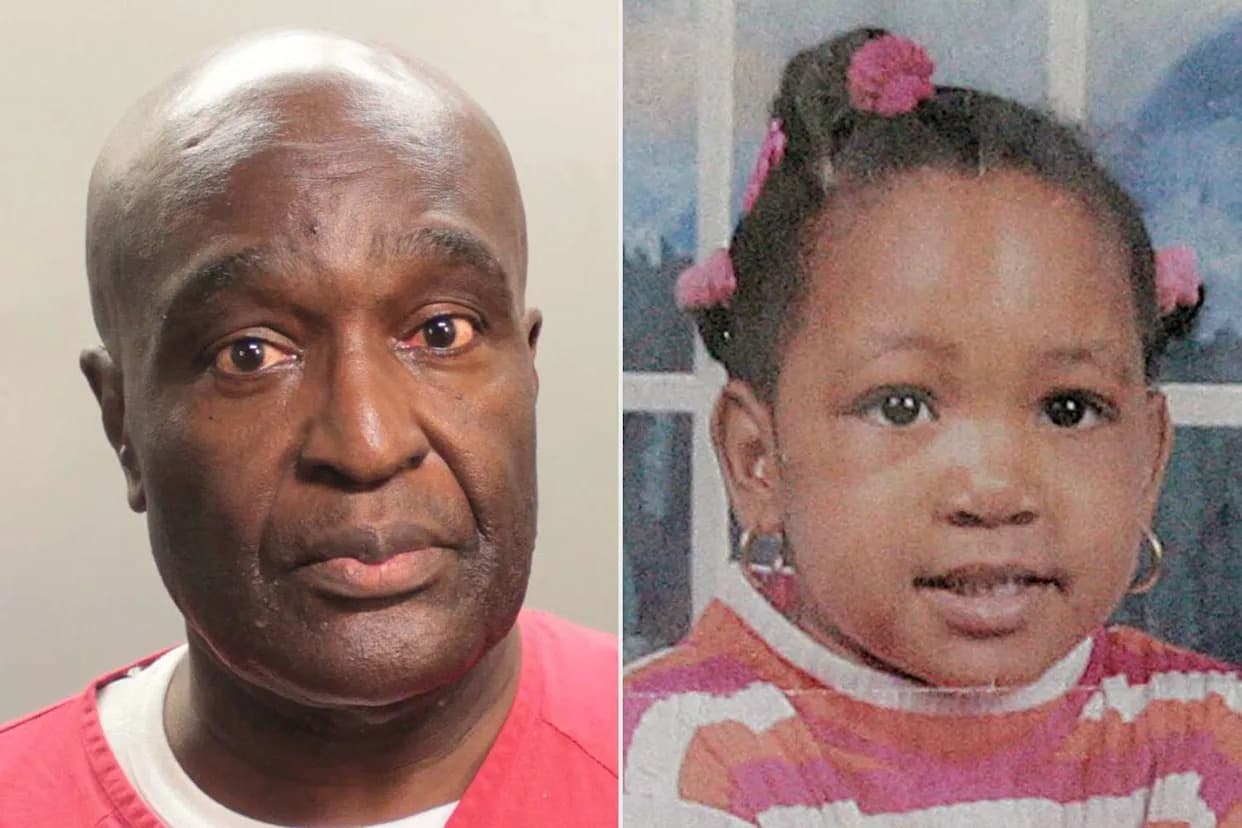11th U.S. Circuit Upholds Hate‑Crime Convictions
A federal appeals court on Friday affirmed federal hate‑crime convictions against three White men who chased and ultimately killed 25‑year‑old Ahmaud Arbery in a Georgia neighborhood in February 2020. A three‑judge panel of the 11th U.S. Circuit Court of Appeals issued the ruling more than a year after hearing arguments in the defendants’ appeals.
Evidence and the Court’s Rationale
In an opinion written by Judge Elizabeth L. Branch, the panel found that prosecutors presented sufficient evidence — including more than two dozen social‑media posts and text messages, witness testimony, and other materials — to show that each defendant held longstanding racial prejudice and that a reasonable juror could conclude Arbery’s race was the determinative factor in the deadly pursuit.
“The trial evidence showed that each of the defendants held longstanding prejudice,” the opinion said, supporting the jury’s finding that racial animus motivated the attack.
Case Background
On Feb. 23, 2020, father and son Greg and Travis McMichael armed themselves and used a pickup truck to follow Arbery, who was running in the Satilla Shores subdivision near Brunswick, Georgia. Neighbor William “Roddie” Bryan joined the pursuit and recorded cellphone video showing Travis McMichael fatally shoot Arbery at close range.
More than two months passed without arrests. The video eventually leaked online, generated national outrage, and prompted the Georgia Bureau of Investigation to take over from local authorities. State charges followed; all three men were convicted of murder in a Georgia state court in late 2021.
Federal Trials and Sentences
In a separate federal trial in early 2022, a jury convicted the trio of federal hate crimes and attempted kidnapping. The trial judge sentenced both McMichaels to life in prison on the federal hate‑crime convictions and added consecutive terms for brandishing firearms — 10 years for Travis McMichael and seven years for Greg McMichael. Bryan received a 35‑year federal sentence, a lighter term in part because he was not armed and because he preserved the cellphone video that became key evidence.
The appeals panel noted that even if the federal convictions had been vacated, none of the men would be released immediately because they are already serving life sentences from their state murder convictions.
Arguments on Appeal
Defense attorneys had argued the social‑media posts and text messages were too inflammatory and did not specifically prove the defendants targeted Arbery because of race. Greg McMichael’s lawyer contended he pursued Arbery after mistakenly suspecting him of a recent burglary, pointing to prior security‑camera footage that showed Arbery near a house under construction. Bryan’s attorney argued the evidence merely reflected repugnant views and did not establish intent to target Arbery personally.
Travis McMichael’s lawyer conceded the jury could find racist motivation but raised procedural and technical objections, including a claim that prosecutors had not proven the streets in the Satilla Shores subdivision were public roads as alleged in the indictment; the appeals court rejected those legal arguments.
Reactions
Greg McMichael’s federal attorney, A.J. Balbo, declined to comment on the appellate ruling. Attorneys for Bryan and Travis McMichael did not immediately respond to requests for comment.
Key point: The 11th Circuit concluded the totality of the evidence supported the jury’s finding that racial animus was a motivating factor in Arbery’s killing, and the federal convictions stand alongside existing state murder convictions.





























